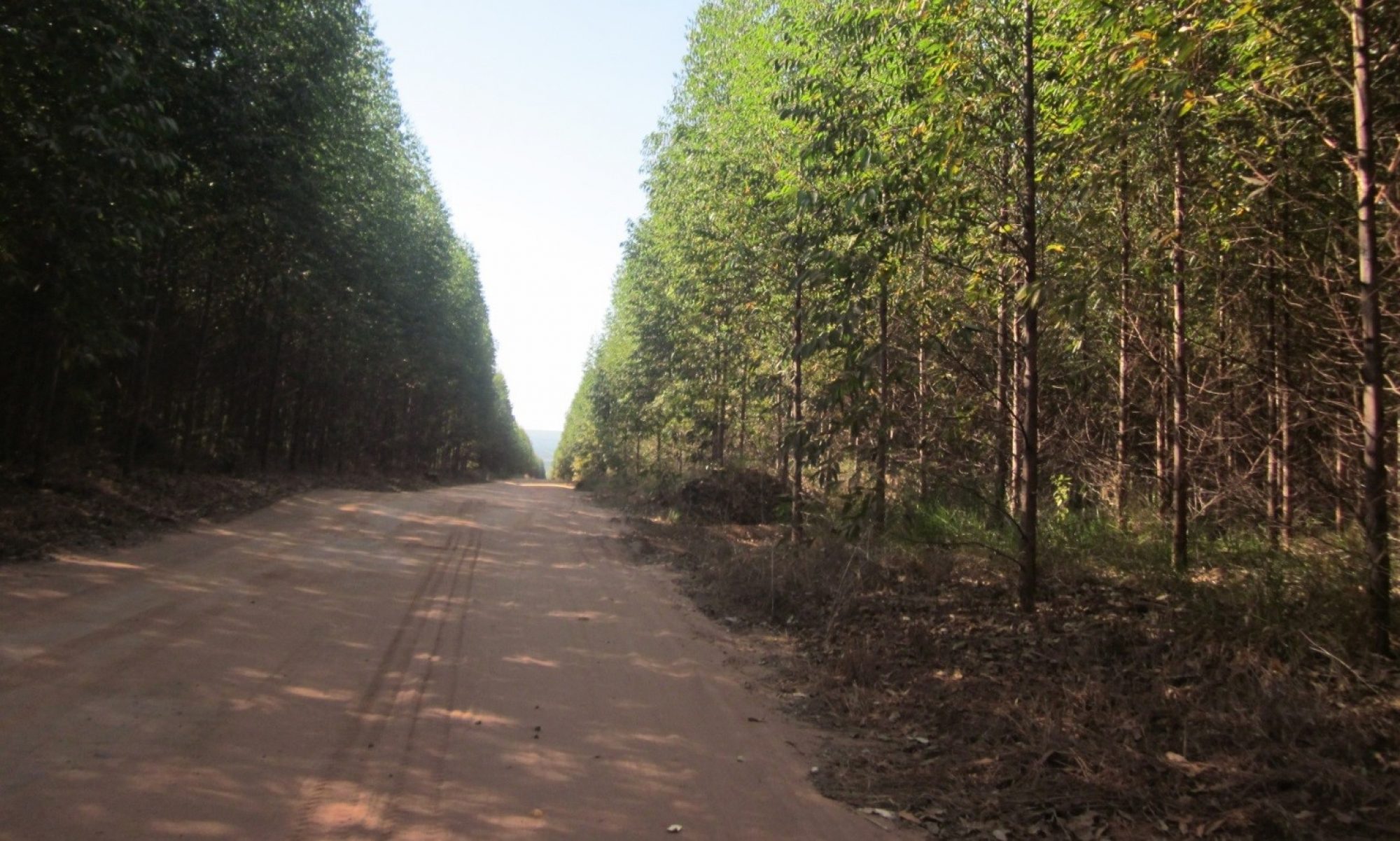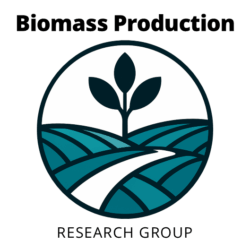Science & Academia
Blas MOLA-YUDEGO
How science works?
What is science? Science is defined as “the pursuit and application of knowledge and understanding of the natural and social world following a systematic methodology based on evidence” (Sciencecouncil.org, UK) or as “the intellectual and practical activity encompassing the systematic study of the structure and behaviour of the physical and natural world through observation and experiment” (Oxford dictionary). These simple definitions have been however, being re-interpreted along centuries, from the Classic Greek Philosophers to modern interpretations of Phylosohy of Science. Among those, Karl Popper stands out as one of the persons that deeper and more extensively thought about how actually science works.
Objectives
- To familiarize participants with the basics of science flow (research, journals, conferences)
- To discuss the importance of academic skills and science communication
- To be able to give constructive criticism to peers (peer review process)
- To identify the main elements of a scientific article and of a MSc thesis
- To understand what are the main characteristics of a sound title and be able to write own title
Materials
Academia and Science. Blas Mola (2025) [PDF]. In this presentation you have some ideas concerning science and academia. From Aristotle to today, thinkers have debated what makes knowledge truly scientific. This journey shows how methods, doubts, and even randomness shape the way we understand science.
Supervisors’ perspectives. Blas Mola (2025) [PDF]. In this presentation you have thougts about supervision and doctoral training. It explores how different supervisory styles—ranging from directive to facilitative—can be adapted to the student’s stage of development, disciplinary context, and the nature of the research task. The discussion also considers how motivation, constructive feedback, and open communication foster critical thinking and autonomy.
The Meaning of Science, Chapter 1: How Science Works. Tim Lewens (2015) [PDF]. This short openly available chapter introduces how different thinkers have defined science, from ancient philosophy to modern debates. It shows that science is not fixed but continually reinterpreted, shaped by methods, values, and the societies that practise it.
Scientific writing 2.0: a reader and writer’s guide. Chapter 10: on titles. Lebrun, J. L. (2011) [preview]. This is an excelent introduction concerning how to write a good title. The whole book is highly recommended. Explains how titles shape the first impression of a paper, guiding readers and influencing visibility. It highlights clarity, precision, and relevance as key principles, showing how a well-crafted title can attract the right audience and maximise impact.
On supervision styles. Doctoral and MSc thesis supervision is not one-size-fits-all. We can define five styles that work only when matched to a candidate’s stage and learning orientation. In addition, as students evolve from dependence to autonomy, the relationship between supervisor and student evolves, keeping rigour while growing ownership. Find some notes on supervision styles.
Videos and materials [videos]
Tasks
What is Academia? What are the channels that fuel scientific discovery? What are the foundations of sience today? And in the past? Do you know how to attract people to read your poster? What do you do during a poster exposition?
Example of general guidelines for thesis work, valid when the home university is UEF: School of Forest Sciences (2014) [PDF]
Read the UEF ethical guidelines [PDF]

